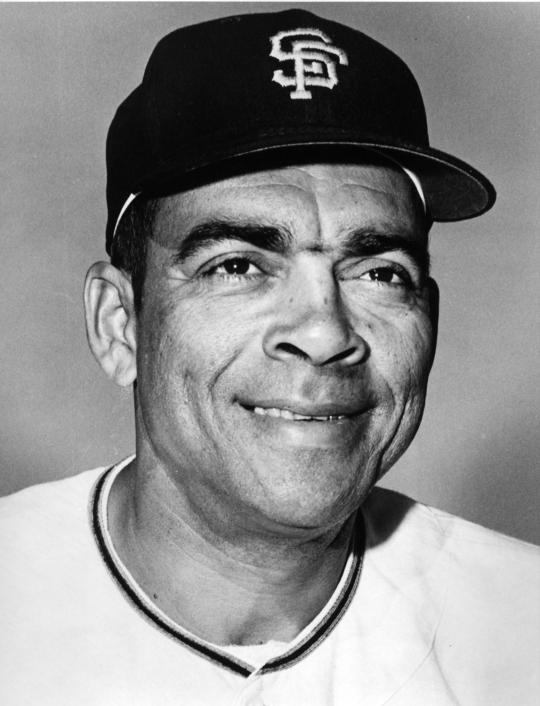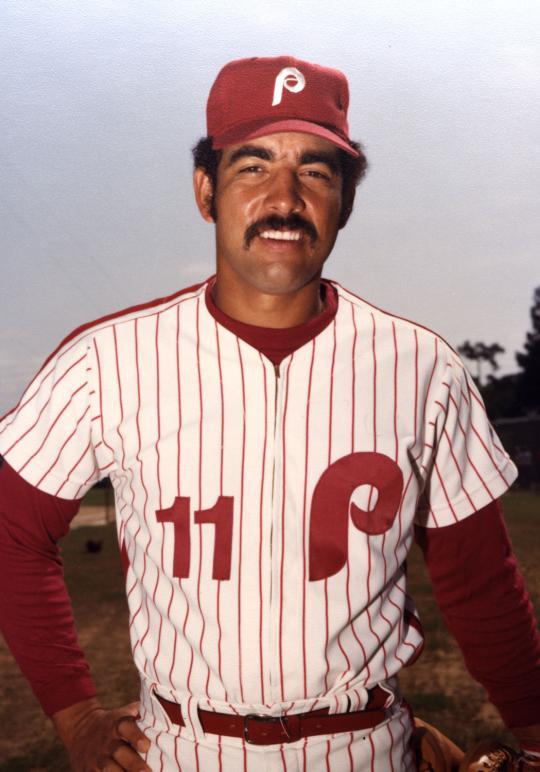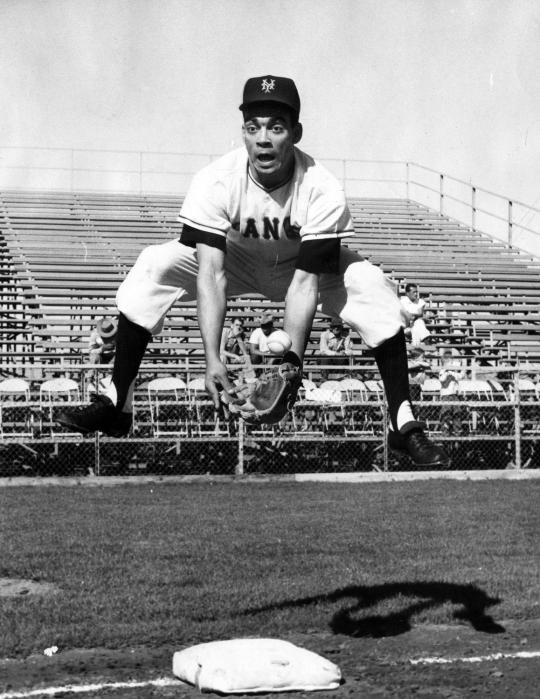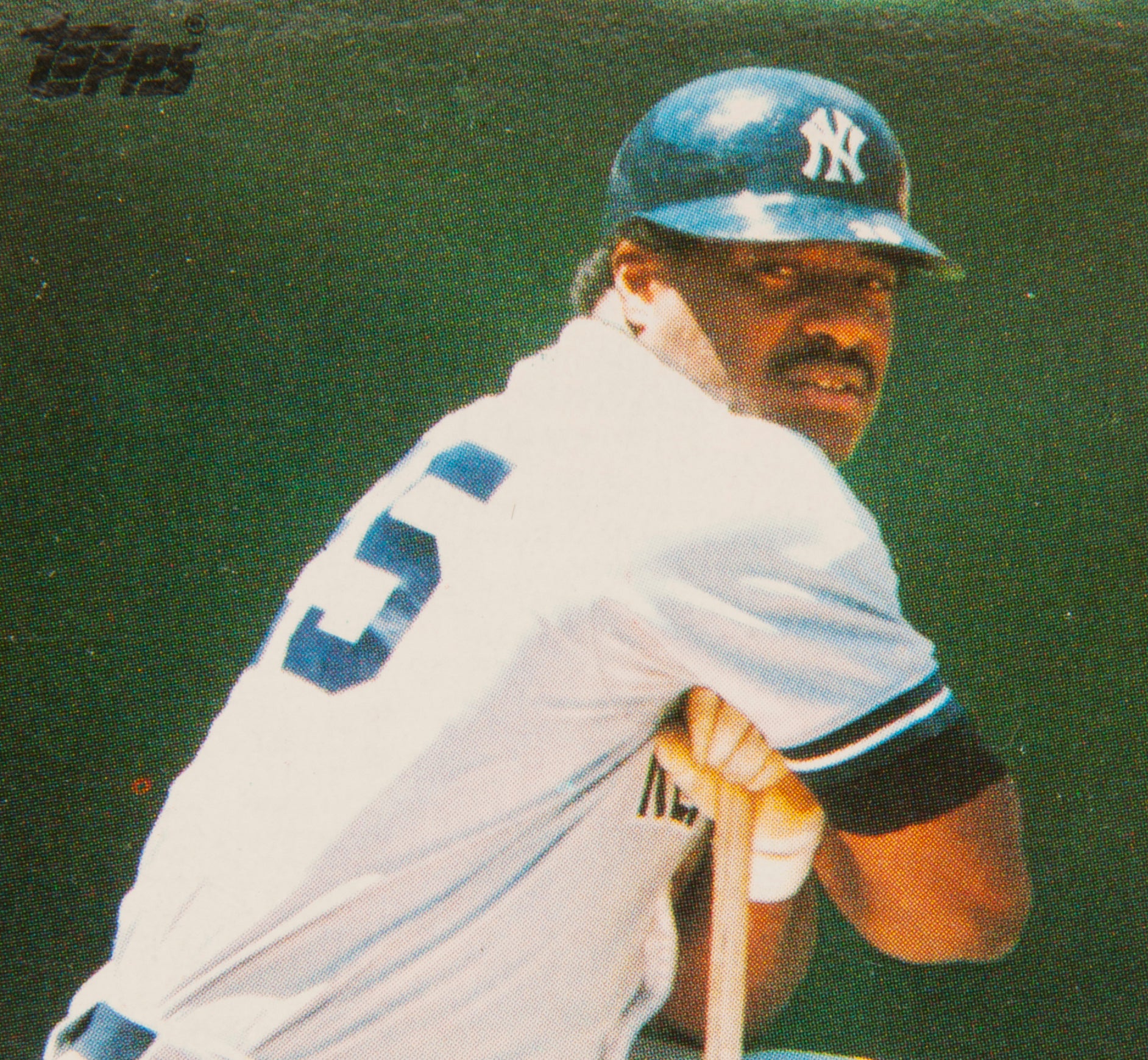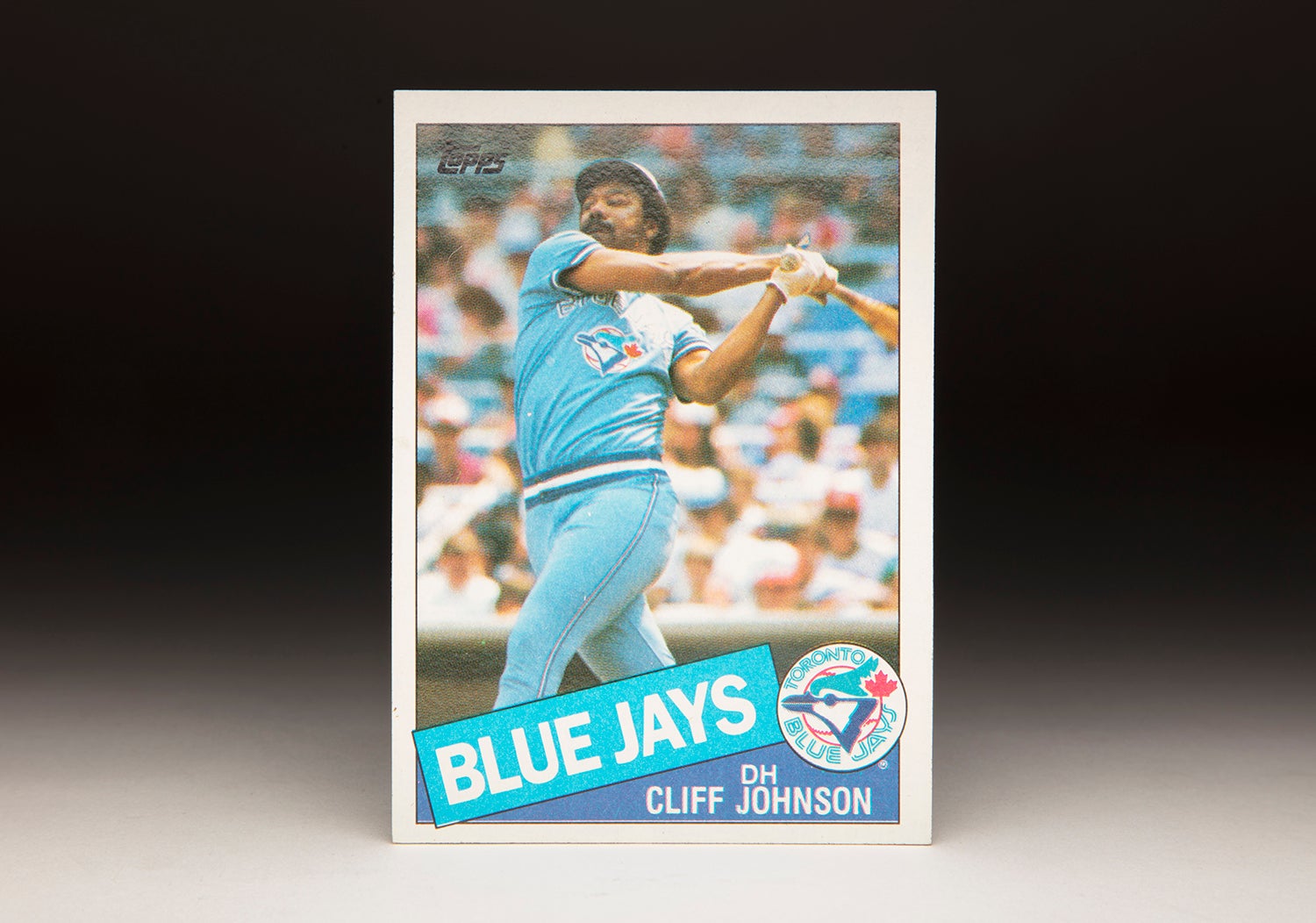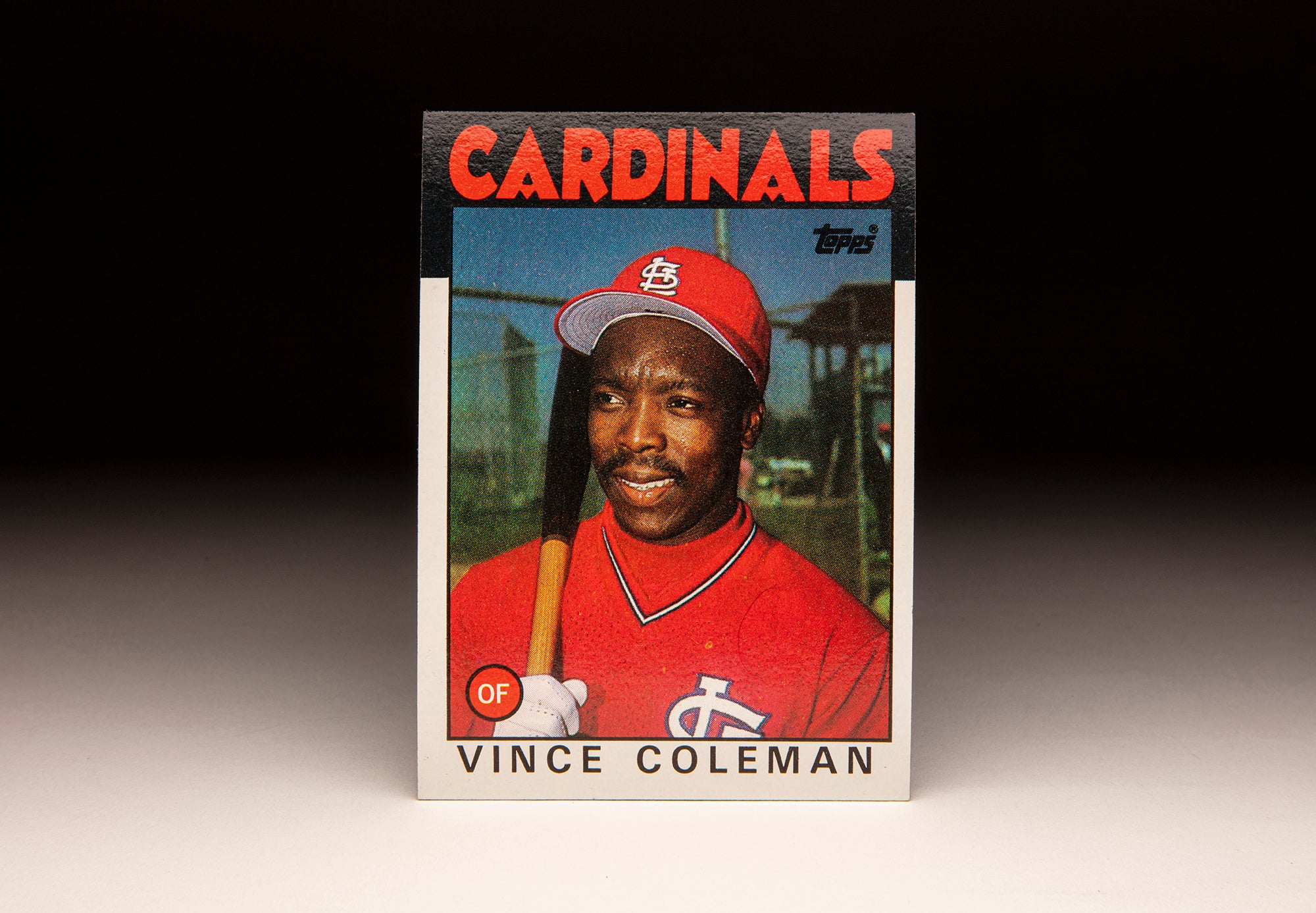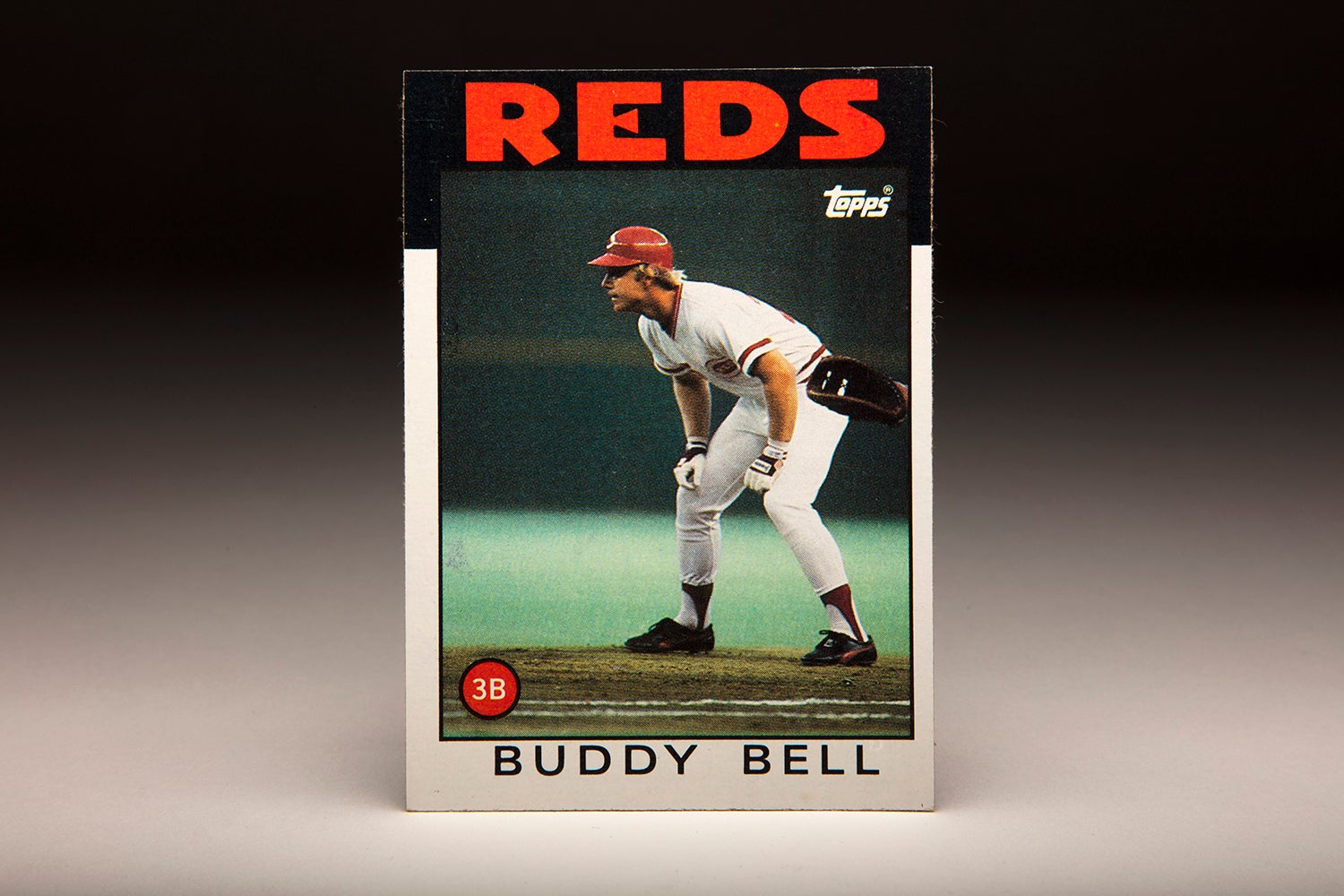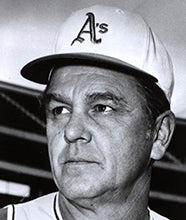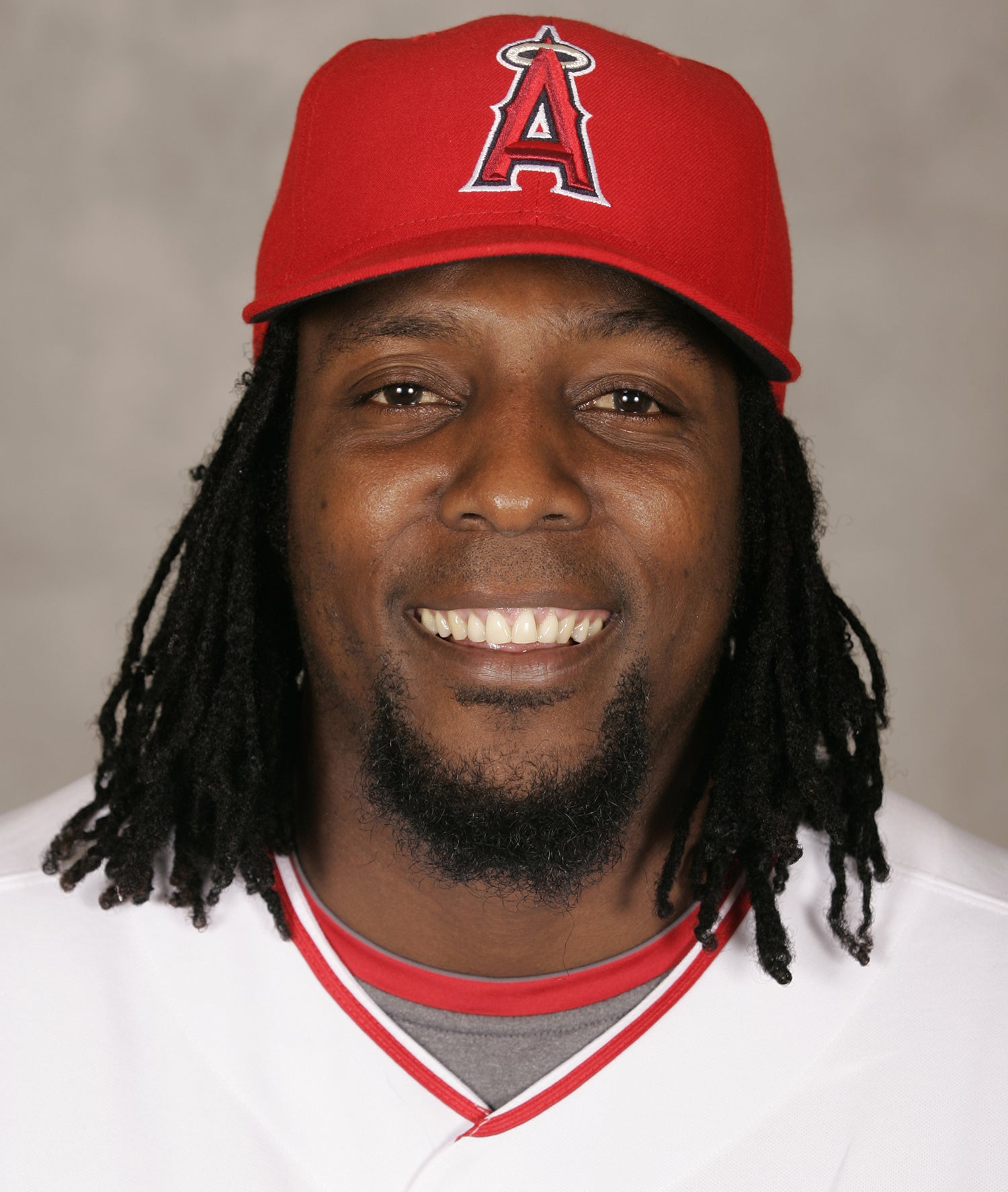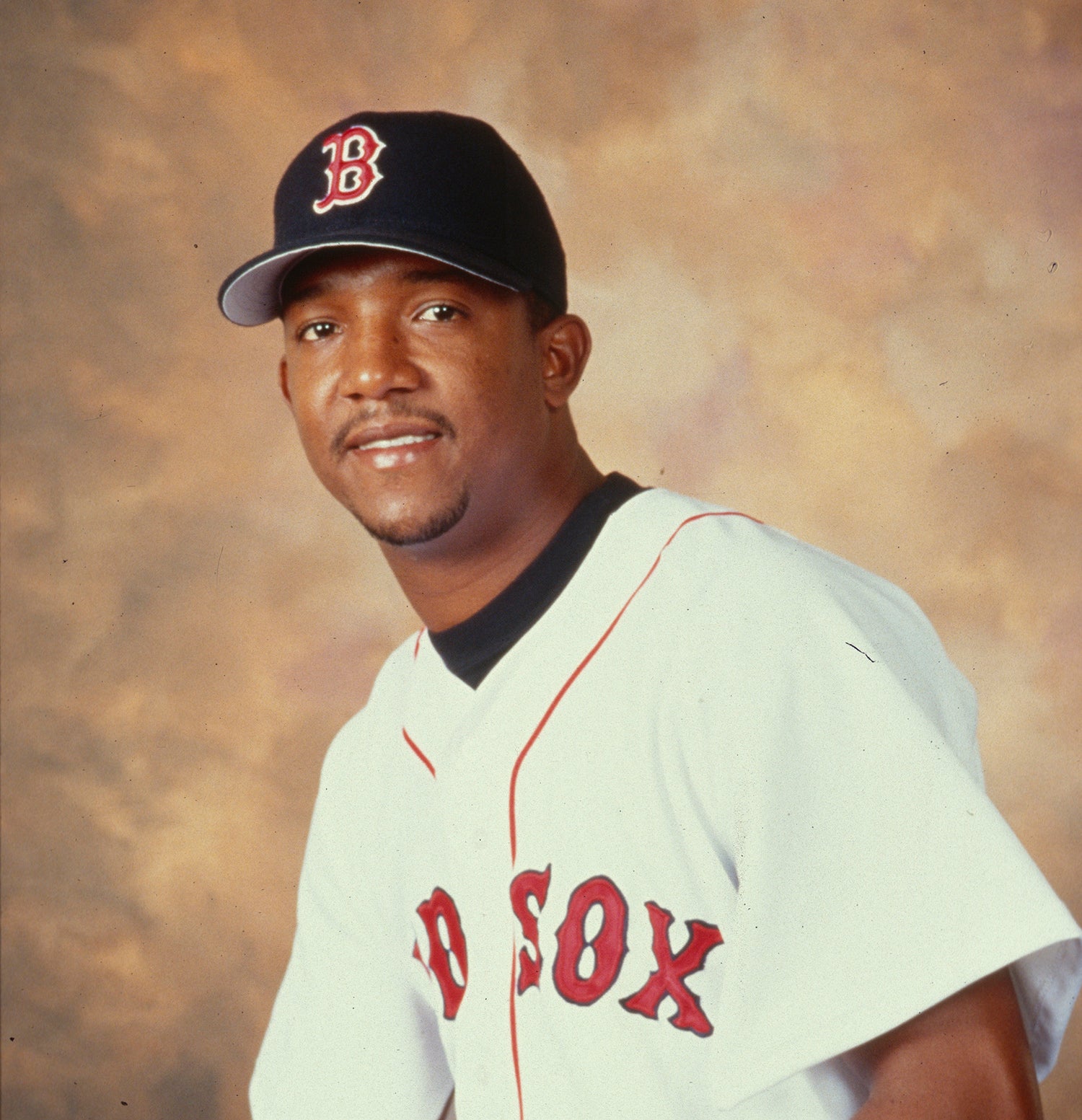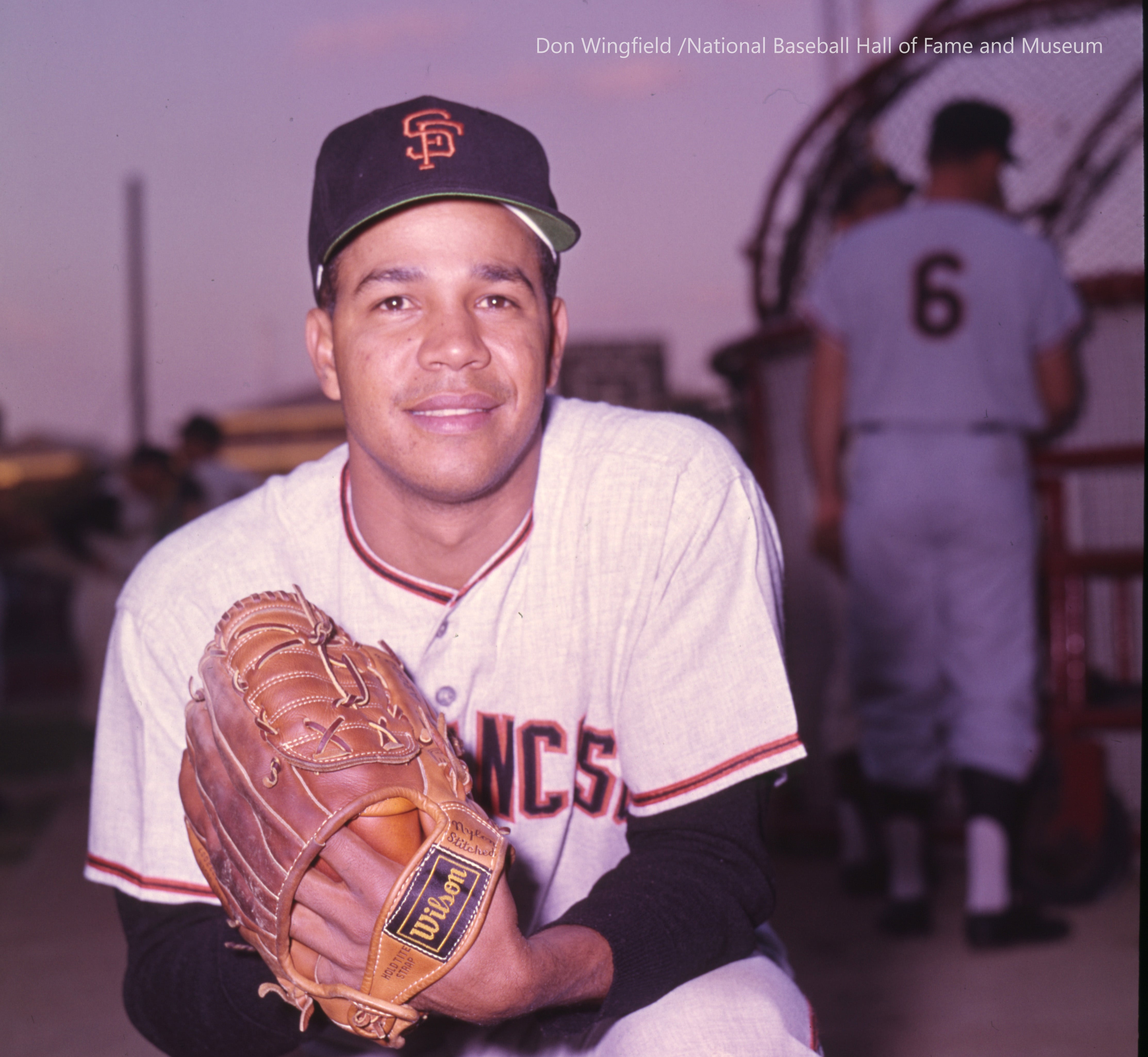- Home
- Our Stories
- #CardCorner: 1985 Topps Virgil Father-Son
#CardCorner: 1985 Topps Virgil Father-Son
As the baseball card market became more and more saturated in the 1980s, The Topps Company was on the lookout for unique offerings.
The 1985 Father-Son cards filled the prescription nicely – perhaps none as well as the Ozzie Virgil card.
Featuring an usual horizontal design, the Father-Son cards highlighted those players then active in the big leagues who had fathers who also played at the game’s highest level. A total of 13 such cards were produced, including the likes of Gus and Buddy Bell, Tito and Terry Francona and Vern and Vance Law.
Hall of Fame Membership
There is no simpler, and more essential, way to demonstrate your support than to sign on as a Museum Member.
A photo of the active player was used on the right side of the layout, but the real bonus was on the left. There, Topps reproduced a card of the father in question, featuring Topps sets from the 1950s and 60s. In the pre-internet era, it was a rare chance to see designs of cards that may have predated your collection.
Osvaldo Jose Virgil was the name of both the father and son depicted on card No. 143 in 1985, but the elder Virgil was identified as “Ossie” in his playing days compared to “Ozzie” for the son. The reverse of the card provides some basic bio information and stats on both players. But for Ozzie Sr., the story was a bit incomplete.
A utility player for the Giants (both in New York and San Francisco), Tigers, Athletics, Orioles and Pirates over nine seasons from 1956-69, the elder Virgil was born on May 17, 1932 (the Topps card lists the year as 1933) in Monte Cristi, Dominican Republic. He moved with his family to the United States at the age of 13 and grew up in the Bronx, signing with the Giants prior to the 1953 season after serving in the Marines.
After toiling in the minor leagues for four seasons, the Giants purchased the contract of Virgil on Sept. 22, 1956, and he made his big league debut the following day. Virgil hit .265 with 10 homers and 67 RBI for Triple-A Minneapolis in 1956, and news sources throughout the country reported the transaction that sent the prospect to New York.
What most did not mention, however, was the Virgil was the first native of the Dominican Republic to appear in a major league game.
Virgil went on to appear in 324 big league games, never becoming a star but regularly finding work. His legacy, however, is assured thanks to the numerous members of his home country who have since become stars at the big league level, including Hall of Famers Juan Marichal, Pedro Martínez and Vladimir Guerrero.
And Virgil’s baseball journey was not finished after his playing career ended.
In 1969, Virgil became a member of the Giants’ coaching staff – appearing in his final big league game in a July 27 doubleheader against the Reds as a pinch-hitter. He moved on to the Expos in 1976, and quickly formed a bond with new Montreal manager Dick Williams the following year. From 1977-88 with the Expos, Padres and Mariners, Virgil served as Williams’ third base coach and trusted confidante.
Interestingly, neither Virgil’s pioneering legacy as a player nor his coaching exploits are mentioned on the 1985 Father-Son card.
When the card was printed, his son was coming off his first year as a full-time catcher in the big leagues and was widely regarded as one of the game’s up-and-coming backstops. In 1984, Ozzie Jr. hit .261 with 18 home runs (four more than his father’s career total) and 68 RBI in 141 games with the Phillies.
Born Dec. 7, 1956, in Mayaguez, Puerto Rico, Virgil was taken in the sixth round of the 1976 MLB Draft out of Moon Valley High School in Phoenix, Ariz., by the Phillies. He demonstrated power potential throughout his minor league career and stuck with the big league club in 1982 and 1983 as a backup to Bo Díaz.
Virgil claimed the starting job in both 1984 and 1985, earning his first All-Star Game selection in the latter season.
But searching for bullpen help, the Phillies traded Virgil and Pete Smith to the Braves following the 1985 season in exchange for Steve Bedrosian and Milt Thompson.
Bedrosian would go on to save 29 games for the Phillies in 1986 and was even better in 1987, leading the majors with 40 saves while winning the National League Cy Young Award.
Virgil, meanwhile, slumped to 15 homers and 48 RBI in 1986 before rebounding with his best season in 1987, clubbing 27 home runs and recording 72 RBI while earning another All-Star Game selection.
But after his home run total dropped to nine in 1988, the Braves let Virgil walk following the season He played in a handful of games with the Blue Jays in 1989 and 1990 before his career came to an end.
One card, two players: A pioneer for his fellow Dominicans and a power-hitting catcher.
Together, the Osvaldo Virgils left quite a mark.
Craig Muder is the director of communications for the National Baseball Hall of Fame and Museum

